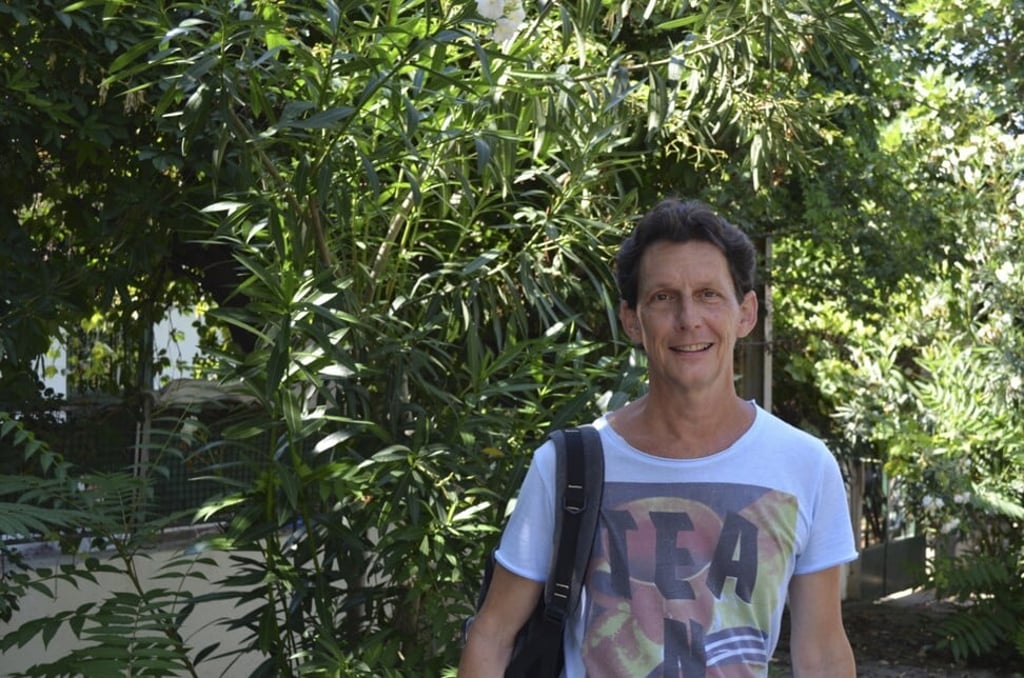Pandemic travel: 4 wanderers discuss visas, quarantine and staying on the move during Covid-19
- Being stuck in one place just isn’t for everyone, even with the pandemic making international travel extremely difficult
- A translator, a digital nomad, a backpacking teacher and a bird-watching retiree tell their stories of crossing borders during the coronavirus

The Covid-19 pandemic has turned many lives into minor versions of the movie Groundhog Day, but for a few who are unwilling, or unable, to live in suspended animation, continued travelling has proved challenging, bizarre, scary even.
Humes grew nervous as his 90-day visa-free status neared expiry, with the virus spreading around the world, but Taipei moved fast.
“Measures were quickly introduced and well publicised. All tourists were given automatic 30-day extensions and the government welcomed tourists to quickly apply for a change of status to student visas or work permits. Two friends applied for the latter and obtained them easily.”

Humes was granted several 30-day extensions to his visa. But when the government announced these renewals would end after an applicant had been in Taiwan for 180 days – a policy that ultimately wasn’t enforced – Humes, a polyglot keen to master Turkish, headed for Istanbul.
“I caught a direct flight. Indirect flights were not ideal because they involved short stays at airports that required a document stating you had recently been tested for Covid-19.”